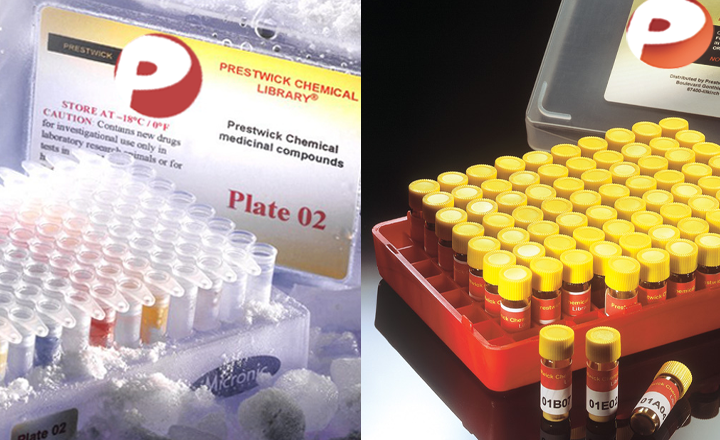Identification of SARS-CoV-2 Inhibitors using Lung and Colonic Organoids
Han Y, Duan X, Yang L, Nilsson-Payant BE, Wang P, Duan F, Tang X, Yaron TM, Zhang T, Uhl S, Bram Y, Richardson C, Zhu J, Zhao Z, Redmond D, Houghton S, Nguyen DHT, Xu D, Wang X, Jessurun J, Borczuk A, Huang Y, Johnson JL, Liu Y, Xiang J, Wang H, Cantley LC, tenOever BR, Ho DD, Pan FC, Evans T, Chen HJ, Schwartz RE, Chen S
Nature - vol. 589 (2020)
Nature
There is an urgent need to create novel models using human disease-relevant cells to study SARS-CoV-2 biology and to facilitate drug screening. As SARS-CoV-2 primarily infects the respiratory tract, we developed a lung organoid model using human pluripotent stem cells (hPSC-LOs). The hPSC-LOs, particularly alveolar type II-like cells, are permissive to SARS-CoV-2 infection, and showed robust induction of chemokines upon SARS-CoV-2 infection, similar to what is seen in COVID-19 patients. Nearly 25% of these patients also have gastrointestinal manifestations, which are associated with worse COVID-19 outcomes1. We therefore also generated complementary hPSC-derived colonic organoids (hPSC-COs) to explore the response of colonic cells to SARS-CoV-2 infection. We found that multiple colonic cell types, especially enterocytes, express ACE2 and are permissive to SARS-CoV-2 infection. Using hPSC-LOs, we performed a high throughput screen of FDA-approved drugs and identified entry inhibitors of SARS-CoV-2, including imatinib, mycophenolic acid (MPA), and quinacrine dihydrochloride (QNHC). Treatment at physiologically relevant levels of these drugs significantly inhibited SARS-CoV-2 infection of both hPSC-LOs and hPSC-COs. Together, these data demonstrate that hPSC-LOs and hPSC-COs infected by SARS-CoV-2 can serve as disease models to study SARS-CoV-2 infection and provide a valuable resource for drug screening to identify candidate COVID-19 therapeutics.


